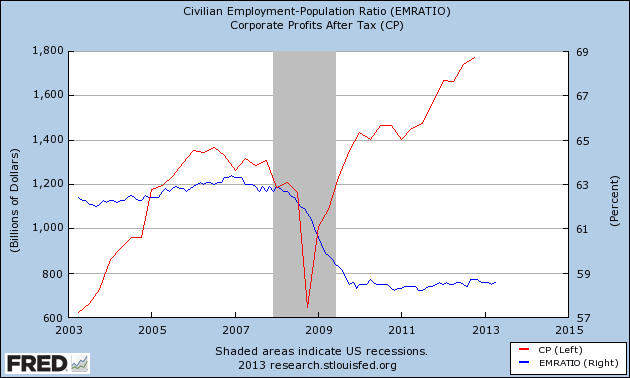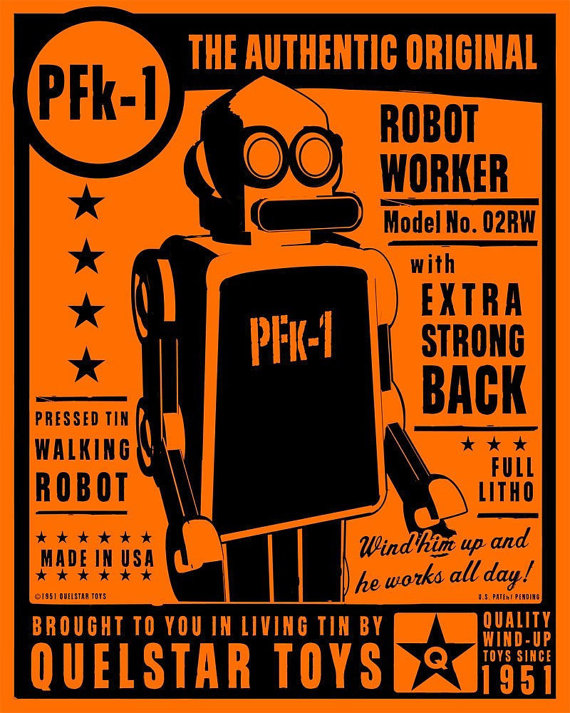REPRISE: On the display of the spoils of victory
On the display of the spolis of victory
Last night I attended the back to school open house and curriculum review event held at the middle school that my son attends. It was altogether an interesting and well-run event, the school is one of the finest in all of New York State, the teachers were energetic and engaged, and the administrators are committed to high academic standards and to creating an environment of respect, inclusion, and student success.
Actually in the several years my son has attended schools in this district I have been continually impressed with the quality of instruction and the emphasis on achievement. And by that I mean academic achievement. Sure, the school has all the requisite sports teams that most other schools do, but I never get the feeling that the sports teams are all that important, and certainly not nearly as important to the overall school and local community as they can be in other parts of the country. 
The tour around the school progressed and at a point late in the program we reached a large, windowless classroom located sort of in the way, way back of the school that is the home to for lack of a better term, the 'gifted' or 'extra special' classes. You know the kinds of classes where students that are doing well in their regular courses get to extend and stretch into new and different kinds of assignments and activities. Some of the projects the kids take on involve exploring in greater detail aspects of their more formal course work, while others are completely new endeavors like movie making or creating school and community service projects.
One of the activities associated with this 'extra' instruction class is the classic Academic Challenge Competition, that I remember from back in the day as the 'College Bowl'. You know, this was the contest that pits teams of students against other schools in a Jeopardy! like setting to see which schools team has the most, (and fastest), knowledge of math, science, history, geography, and so on. As the teacher was describing the Academic Challenge team and telling us parents about how the team competes in various competitions, she remarked how our school's team had been pretty successful over the years, winning or placing in many top-level competitions.
As evidence of this success, she pointed to a large shelf on one side of the long room that was the home of two or three rows of similarly sized and shaped trophies, and said something like 'And you can see a few of the trophies our teams have won over the years over there."
I thought, as I looked at the dozen or so trophies that were won for academic successes and were being kept in a room way in the far back corner of the school, that it was kind of funny that even in a school not known for and all that focused on sports that the similar prizes won for winning the odd volleyball or lacrosse or soccer title over the years were prominently displayed in a custom and large glass covered trophy case in the school's lobby, within the sight lines of everyone entering the school.
I suppose it matters, at least some, how we present, display, and commemorate our successes.
Note: That is it for REPRISE WEEK(s), thanks for checking out some of these older posts and I will be back with fresh, juicy content next week. I hope you have a fantastic 2014!
 Culture,
Culture,  work tagged
work tagged  celebration,
celebration,  competition,
competition,  recognition,
recognition,  vacation,
vacation,  victory
victory  Email Article
Email Article 
 Print Article
Print Article 



